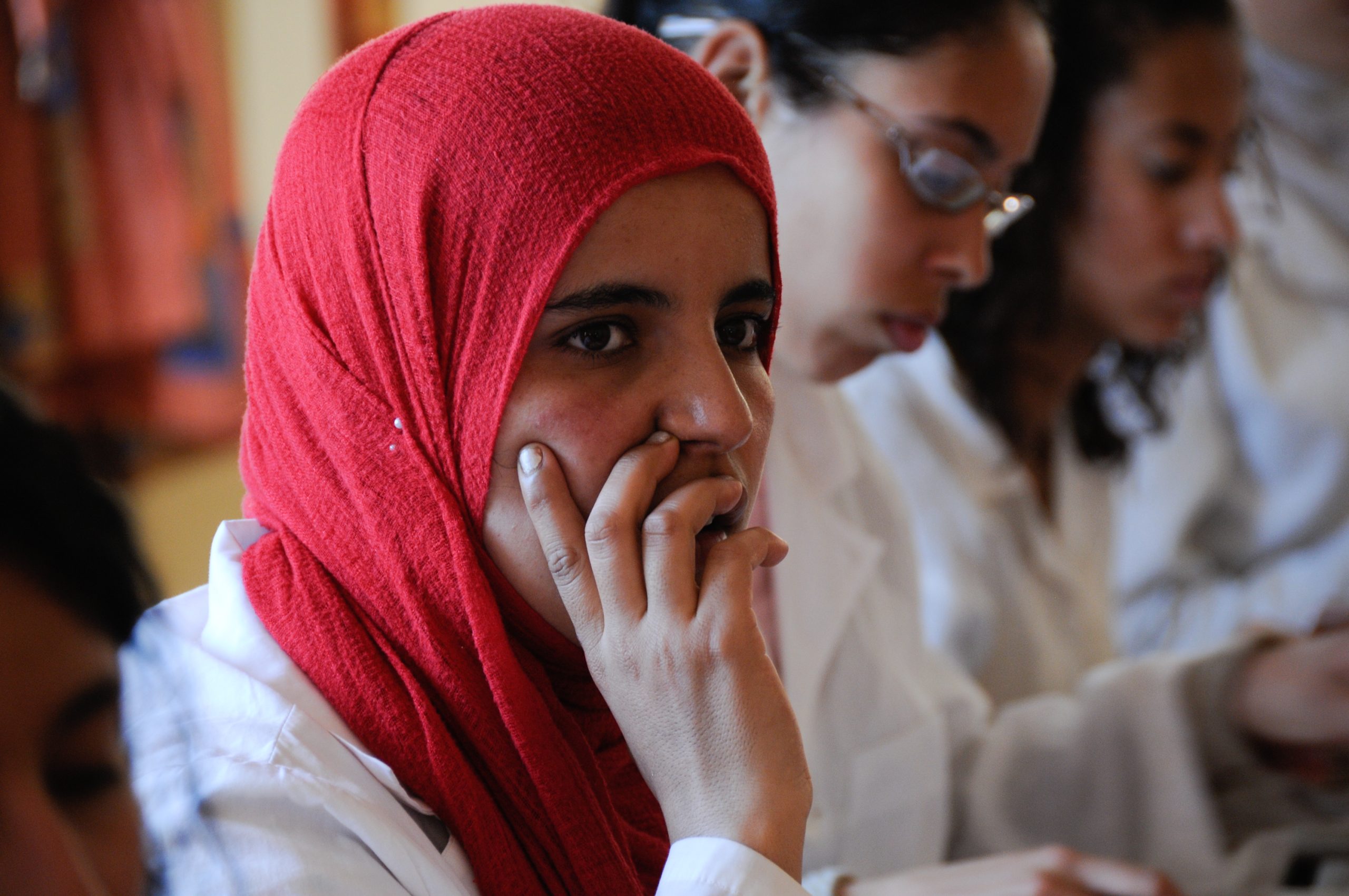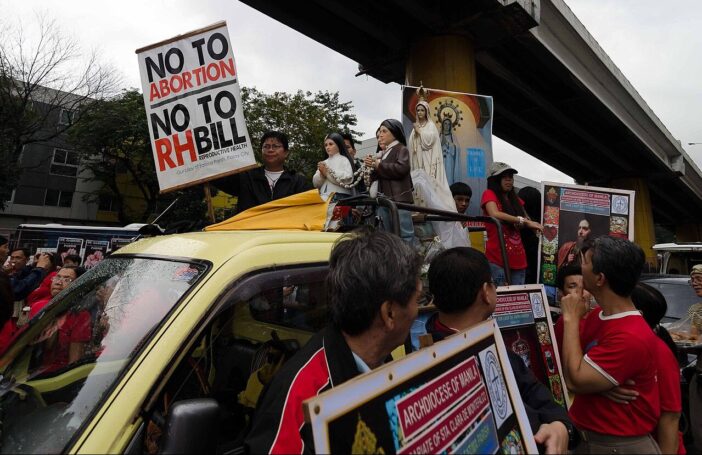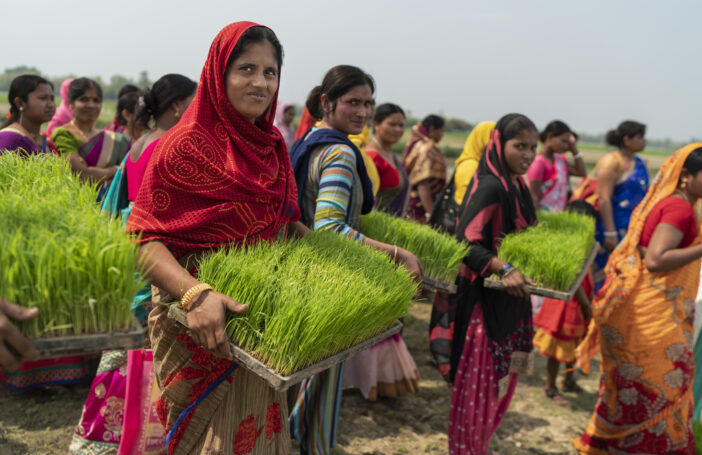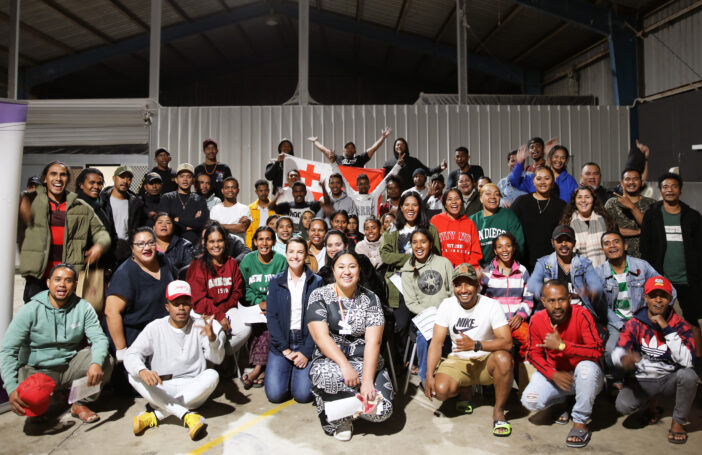Last month, Western Australia passed landmark reforms removing barriers to accessing abortion, bringing it into line with other states in Australia. While there are still practical barriers to access, particularly for marginalised groups, every state and territory in Australia has now decriminalised abortion, and the National Women’s Health Strategy lays out a framework for universal access by 2030.
Globally, the picture is very different. Half of all pregnancies worldwide are unintended. In Asia and the Pacific there are 140 million women with an unmet need for family planning. 13% of maternal deaths worldwide result from unsafe abortions.
The response to this crisis must be multifaceted, including greater access to contraception, comprehensive sexuality education, and increased gender equality in every respect. If all people in low-to-middle-income countries had access to modern contraceptives and health care, unintended pregnancies would drop by 68%, and unsafe abortions would drop by 72%.
But the proportion of pregnancies which are unplanned and unwanted will never be zero. Safe abortion access must be part of the picture.
Australia has an important role to play in promoting access to abortion and ensuring all sexual and reproductive health and rights (SRHR) can be fulfilled. The Department of Foreign Affairs and Trade has made important regional investments in SRHR programs, such as the Indo-Pacific Sexual and Reproductive Health and Rights COVID-19 Response investment, or C-Surge, which secured ongoing access to SRHR services in 22 countries throughout the pandemic.
Australia has also been a reliable champion of sexual and reproductive health and rights in multilateral agreements. This is particularly critical in a context where anti-rights movements are aggressively intensifying their efforts to undermine human rights and bodily autonomy. These movements have deep links to authoritarian and nationalistic governments in different parts of the world that seek to enforce rigid gender norms and control women and gender diverse people as a means of solidifying power.
As the overturning of Roe v Wade in the United States shows, complacency is not an option. Anywhere. The US is already seeing an increase in maternal mortality since the decision, disproportionately affecting historically marginalised groups. Even when Roe v Wade was in place, the Helms Amendment meant that the US government could not fund abortion care internationally. These restrictions tighten further under each conservative administration, as the Global Gag Rule gets signed into effect, meaning that organisations receiving US funds cannot provide abortion services, information or referrals, or advocate on the issue, even with their own non-US government funds.
As DFAT drafts its next international gender strategy, abortion must be named as a priority amongst sexual and reproductive health and rights, and as part of a broader feminist approach to achieving gender equality. Words matter. Normalising the concept of abortion is a critical part of reducing stigma and enabling access. It is also critical to drive funding at the bilateral level, ensure Australian consular posts are equipped to discuss abortion as an essential aspect of gender equality, and guide DFAT officers in their advocacy for its inclusion in multilateral agreements.
When abortion is legal, available and affordable for women and gender diverse people, and contraception is accessible to all, evidence shows that communities have more opportunities to flourish. This means greater access to education, particularly for adolescent girls. It means women and gender diverse people are better able to escape unhealthy or violent relationships. And it means everyone can benefit from greater gender equality.
At a time when anti-rights movements are increasingly well organised and resourced, signalling Australia’s unwavering support has never been more important.





I could not agree more. Australia clearly has a role to show leadership globally as it drafts its gender equality strategy. I thank these organisations and many more in and outside Australia for highlighting this issue. You cannot talk of gender equality without access to abortion. Finally! Well done Western Australia for removing all areas restricting access to abortion.
Brilliant piece and I couldn’t agree more – thank you for sharing.